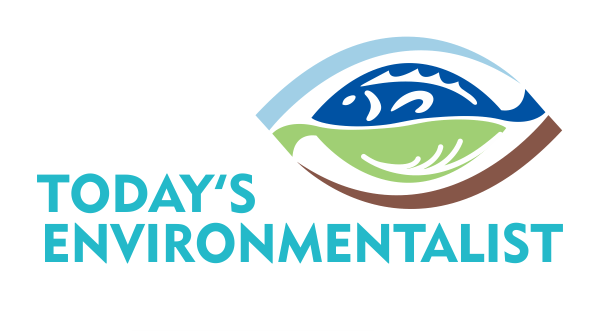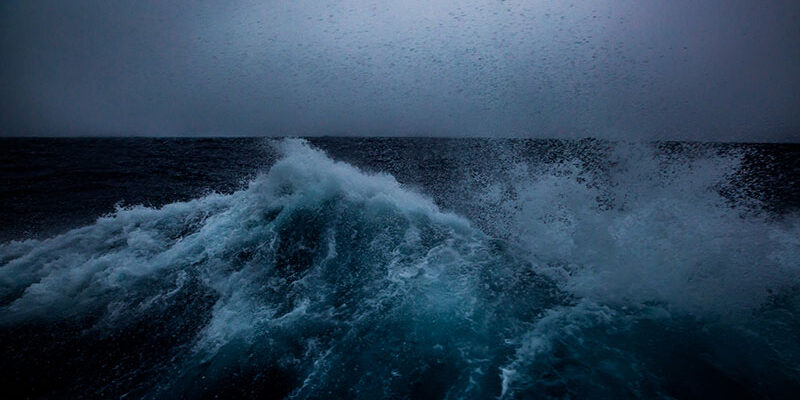The High Level Panel for a Sustainable Ocean Economy (Ocean Panel) has put forward a new ocean action agenda, paired with bold commitments and new research. The 14 world leaders of the Ocean Panel committed to sustainably manage 100% of the ocean area under national jurisdiction by 2025, guided by Sustainable Ocean Plans. The countries will bring a holistic approach to ocean management that balances protection, production and prosperity to nearly 30 million sq km of national waters – an area the size of Africa. The Ocean Panel also urged leaders of coastal and ocean states across the globe to join in committing to the 100% goal so that all Exclusive Economic Zones (EEZ) are sustainably managed by 2030.
The leaders of Australia, Canada, Chile, Fiji, Ghana, Indonesia, Jamaica, Japan, Kenya, Mexico, Namibia, Portugal and Ocean Panel co-chairs Norway and Palau has released the Transformations for a Sustainable Ocean Economy: A Vision for Protection, Production and Prosperity. These world leaders understand that the ocean is central to life on earth, peoples’ livelihoods and the economy, but also recognize that the ocean’s health is at risk from pressures such as pollution, overfishing and climate change. This is why, two years ago, Ocean Panel members set out to develop a transformative set of recommendations to deliver a sustainable ocean economy that would benefit people everywhere and effectively protect the ocean. The result is a new ocean action agenda that – if achieved – could help produce as much as 6 times more food from the ocean, generate 40 times more renewable energy, lift millions of people out of poverty, and contribute one-fifth of the GHG emissions reductions needed to stay within 1.5°C.
“Humanity’s well-being is deeply intertwined with the health of the ocean. It sustains us, stabilizes the climate and leads to greater prosperity,” said Erna Solberg, Prime Minister of Norway and Ocean Panel Co-chair. “For too long, we have perceived a false choice between ocean protection and production. No longer. We understand the opportunities of action and the risks of inaction, and we know the solutions. Building a sustainable ocean economy is one of the greatest opportunities of our time. The members of the Ocean Panel are united in our commitment to sustainably managing 100% of our national waters by 2025.”
A healthy ocean is essential for everyone. More than three billion people rely on food from the ocean each day. The ocean covers 70% of earth and helps transport at least 90% of goods. A healthy ocean contributes $1.5 trillion to the global economy annually and millions of jobs in fishing, tourism, transportation and other sectors. The ocean provides food, energy and medicine. It is the source of recreation, discovery, identity and culture for billions of people. The ocean also stabilizes the climate by absorbing about a quarter of CO2 emissions and producing half of the world’s oxygen. To protect this vital resource and unleash its benefits, the world must transition to a sustainable ocean economy.
Leading by example, the Ocean Panel countries each committed to put a Sustainable Ocean Plan in place by 2025. The Ocean Panel also supports a global target to protect 30% of the ocean by 2030, where each country’s contribution will depend on national circumstances. In addition to the 100% commitment, there are 74 priority actions detailed in the Transformations that achieved consensus from the 14 countries. The recommendations focus on five critical areas: ocean wealth, ocean health, ocean equity, ocean knowledge and ocean finance. Together, they point to where the world should be in the next decade, when the UN Decade of Ocean Science for Sustainable Development and the 2030 Agenda for Sustainable Development conclude. The Ocean Panel commits to deliver on these actions by 2030 or sooner.
The Ocean Panel’s bold yet pragmatic recommendations are underpinned by an unprecedented scientific knowledge base for action, including 20 commissioned reports and blue papers. The new report, Ocean Solutions that Benefit People, Nature and the Economy, seeks to define a new solutions-based relationship between humanity and the ocean. The report finds that achieving a sustainable ocean economy is possible and beneficial, but it will not happen if business as usual continues. The paper identifies five key pathways to achieve the transition.
As the world looks to recover from COVID-19 and the resulting economic fallout, the ocean can bring economic relief and make communities stronger. Ocean Panel research shows that a healthier ocean is a smart investment: every $1 invested in sustainable ocean solutions can yield at least $5 in benefits, including social, health, economic and environmental benefits. Another Ocean Panel-commissioned paper finds that including the ocean economy in recovery and stimulus measures – especially with the pandemic’s devastating impacts on coastal workers and sectors – would have huge benefits. The research identifies immediate opportunities for blue stimulus that can create jobs, provide economic relief and push the economy towards resilience and sustainability.
Efforts are already underway to accelerate, scale and finance the new ocean action agenda. This includes multi-stakeholder coalitions focused on ocean renewable energy, ocean accounting, shipping decarbonization, tourism and blue food. The Ocean Renewable Energy Action Coalition (OREAC), the first coalition to publicly launch, has published the Power of Our Ocean report to support governments across the world in scaling development of ocean-based renewable energy.
The Ocean Panel also launched the “Give It 100%” campaign to galvanize momentum around the 100% goal. Ocean Panel countries will host a series of national launch events to build global political will around their commitments. From Fiji to Mexico, countries will be sharing their country-specific plans, discussing priority actions and exploring what giving it 100% means for their countries, their people and the planet. Professor Lubchenco will also open the UNFCCC Ocean Climate Dialogues the same day. Follow the conversation on Twitter via @OceanPanel and #OceanAction100 and #SustainableOceanEconomy.








